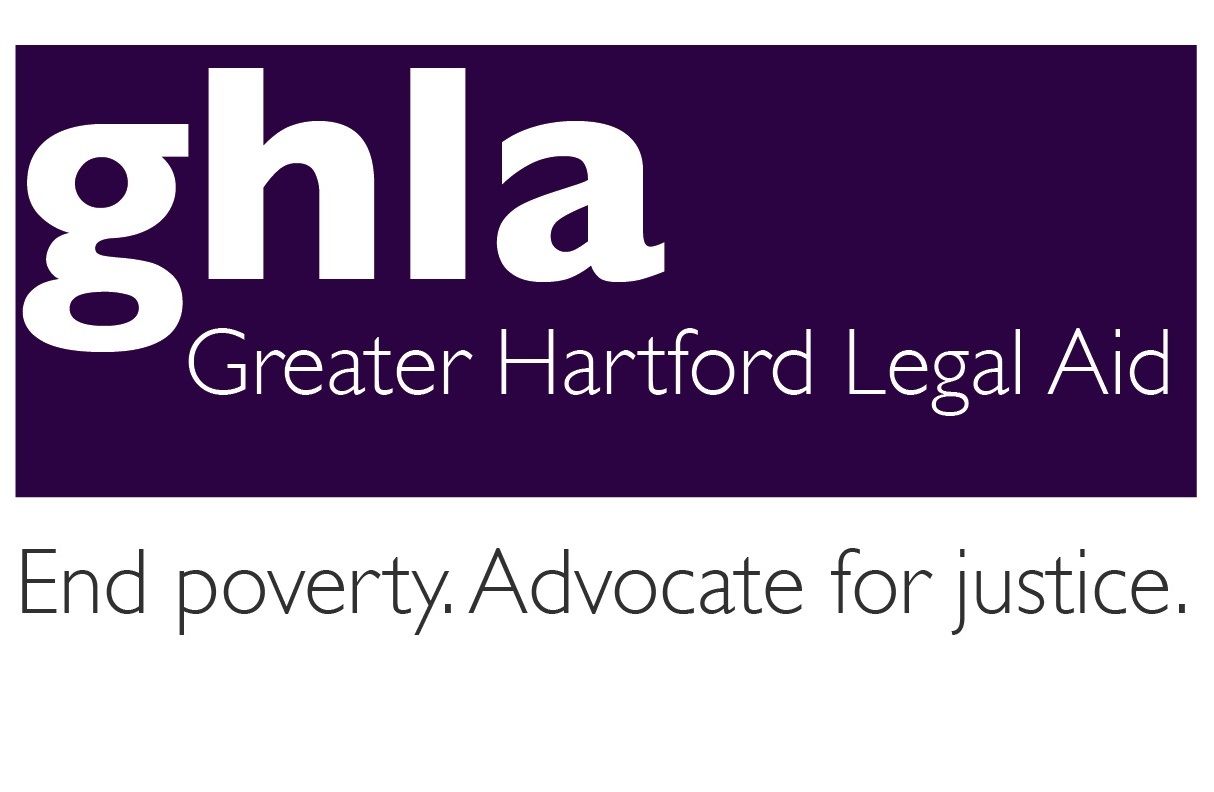Finding Common Ground: Debates Around Sex Trade Reform, Decriminalizing Prostitution, and the Fight Against Trafficking
JANUARY 24, 2022, 6:00 PM TO 8:00 PM (EASTERN DAYLIGHT TIME)
The Quinnipiac University School of Law Human Trafficking Prevention Project—along with the Connecticut Bar Association and Connecticut Bar Foundation—presented this first panel of Human Trafficking Awareness Week 2022: “Finding Common Ground: Debates Around Sex Trade Reform, Decriminalizing Prostitution, and the Fight Against Trafficking.”
Anti-human trafficking experts remain deeply divided on questions of legalizing or decriminalizing prostitution, sex trade reform, and how to draw the line between voluntary sex work, exploitation, and trafficking. There is general agreement among advocates that the criminalization of the sex trade—the current model in the United States—is not working. However, experts disagree over how best to reduce violence and other harms associated with the sex trade, while protecting trafficked persons and others trapped in the industry. Extrapolating from models in other countries—such as New Zealand, the Netherlands, and various Nordic countries—advocates can be theoretically divided into the following camps: legalization, full decriminalization, partial decriminalization, and outright criminalization.
To explore these debates, we invited three experts on anti-trafficking and sex trade reforms—first, to explain and dissect the four models; second, to explore their contrasting views based on their expertise as advocates working with trafficked individuals or individuals in the sex trade, as well as their own lived experiences; and, finally, to identify areas of common ground and opportunities for meaningful reform, both in our state and nationally.











